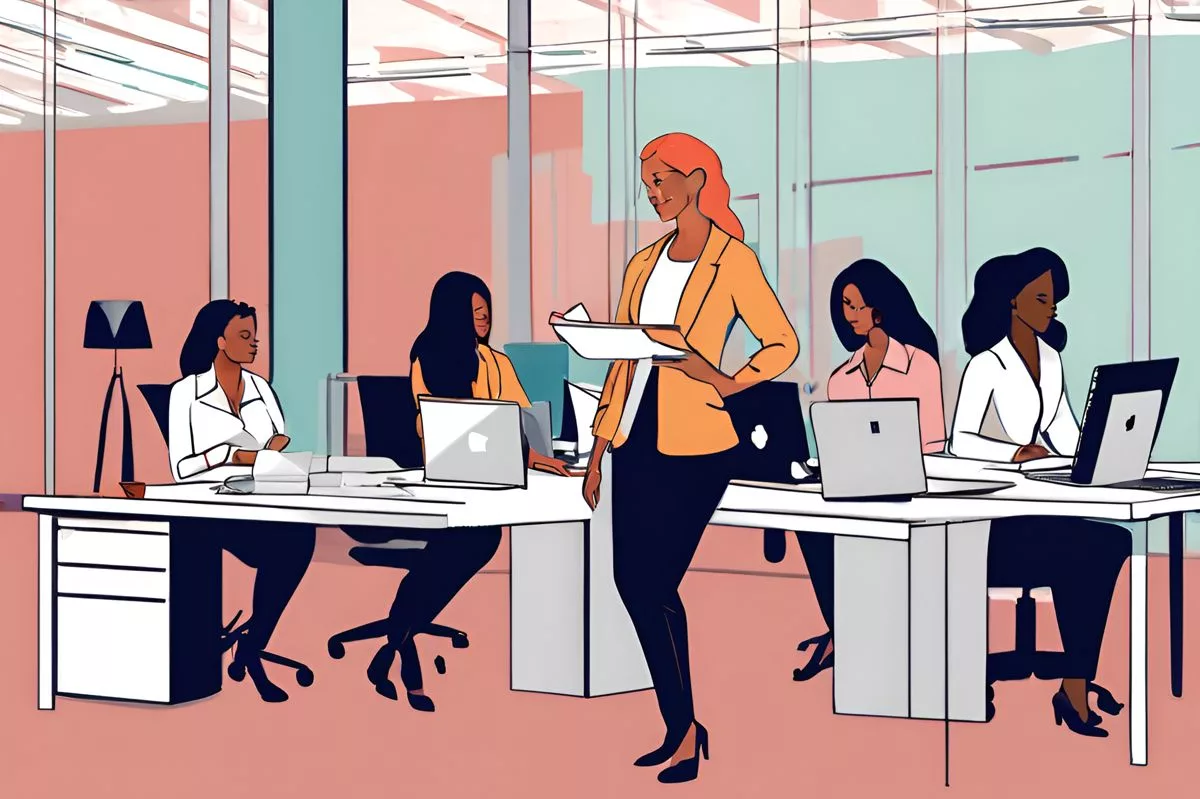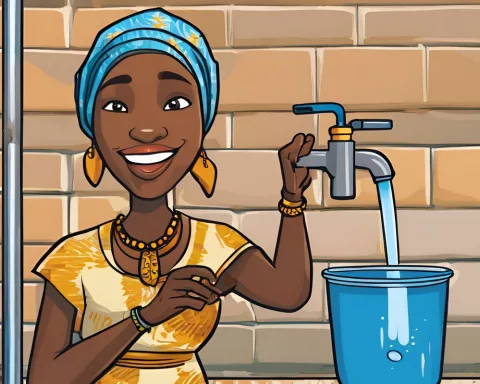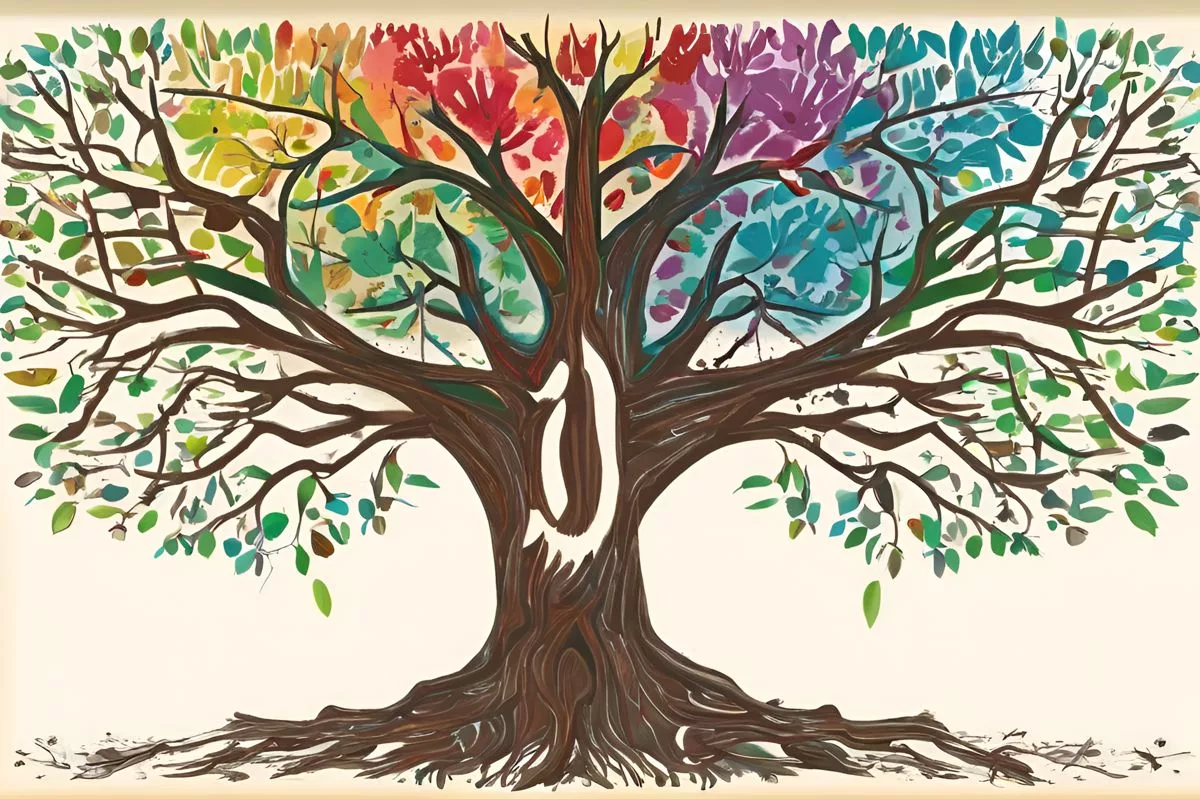The importance of empowering women in South Africa was discussed at the Women’s Professional Network gathering, where the theme of “Celebrating 30 Years of Democracy Towards Women’s Development” was emphasized. Women make up only 44% of the workforce, and a meager 27% hold managerial roles, despite comprising more than half of the population. Encouraging women to consider careers in STEM fields and providing mentorship and support initiatives can increase gender diversity in the workforce, leading to increased productivity, innovation, and enhanced decision-making. Excluding women from the economy leads to wage inequality, economic dependency, inherited poverty, and limited access to healthcare services.
“Empowering women in South Africa is critical for society’s overall progress. Women make up only 44% of the workforce and 27% hold managerial roles despite comprising more than half of the population. Encouraging women to join the STEM fields and providing mentorship and support initiatives can increase gender diversity in the workforce. The inclusion of women in organizations leads to increased productivity, innovation, and enhanced decision-making. Excluding women from the economy leads to wage inequality, economic dependency, inherited poverty, and limited access to healthcare services.”
Empowerment: Keynote Speech at the Women’s Professional Network
On 19th August 2024, Mmapaseka Steve Letsike, the Deputy Minister, delivered an insightful speech at the illustrious Young Women’s Professional Network gathering. The meeting, which took place during the National Women’s Month, was centered on the theme, “Celebrating 30 Years of Democracy Towards Women’s Development.” This theme underlined the significance of women’s active engagement in diverse economic sectors, a central topic of discussion at the gathering.
The discourse about women’s empowerment was both critical and timely. It is directly associated with the overall emancipation of society. The renowned Oliver Reginald Tambo, the longest-tenured President of the African National Congress (ANC), asserted that a society cannot genuinely proclaim liberty until all its women are liberated. He also highlighted the tri-fold oppression faced by women in the country based on their gender, social class, and race.
South Africa’s economy is richly diverse, with industries spanning from fisheries, tourism, mining, financial services, offshore oil, agriculture, energy, manufacturing, to transportation and logistics. Each of these sectors provides vast opportunities for women, particularly as the country emphasizes on boosting the economic involvement of women.
Women in the Workforce and the Necessity for Gender Diversity
Despite women constituting more than half of the South African population, they make up only 44% of the workforce, and a paltry 27% hold managerial roles. The 2021 report from the World Bank underscores the necessity for enhancing gender diversity in the workforce. Therefore, it is crucial to augment efforts to inspire women to join the workforce and consider careers in the science, technology, engineering, and mathematics (STEM) fields.
Key state-owned institutions have a crucial role in instigating this change. They should provide mentorship and support initiatives for women, push for policies that promote gender equality, and fight against gender stereotypes across all sectors.
Moreover, in South Africa, poverty predominantly affects women. Women bear the brunt of socio-economic disparities, especially those residing in rural and peri-urban areas. However, the Census data from 2022 suggests that government-led programs have alleviated poverty, diminished unemployment, and lessened inequality over the past three decades.
Implications of Gender Diversity and the Impacts of Exclusion
The inclusion of women in organizations introduces numerous benefits, such as increased productivity, innovation, enhanced decision-making, and elevated employee satisfaction. However, promoting women to leadership roles should not be perceived as mere “token empowerment” to fulfill equity quotas. Women should have freedom and voice in all sectors of human endeavor.
Exclusion of women from the economy has harmful consequences. It leads to wage inequality, economic dependency, decreased educational attainment, inherited poverty, increased violence, slower economic growth, and limited access to healthcare services.
Empowering women demands a comprehensive societal approach. Boys should be educated to respect the equal status of women, and girls should be inspired to embrace their identity and rights. Men should also be involved in all initiatives to uplift women and eradicate gender-based violence from society.
Government Initiatives and the Imperative of Collective Responsibility
The 7th administration has prioritized the socio-economic upliftment of women and addressing the pressing issues of gender-based violence and femicide (GBVF). The administration perceives GBVF as a social ill comparable to the COVID-19 pandemic. It has also rolled out several initiatives like the Women’s Economic Assembly (WECONA), Women in Trade Initiative, Solar Mama Project, Women-owned Cooperative Financial Institution (CFI), and the Sanitary Dignity Framework, among others.
In conclusion, empowering women is a collective imperative, and its successful execution can rewrite society’s narrative and reshape its perception of women’s capabilities. As stated by Thomas Sankara, failing in the fight to liberate women implies losing all hope for a superior and positive transformation of our society. The call for women empowerment is not merely for women, but for the entire society, including men.
What was the theme of the Women’s Professional Network gathering discussed by Mmapaseka Steve Letsike?
The theme of the Women’s Professional Network gathering was “Celebrating 30 Years of Democracy Towards Women’s Development.”
What industries in South Africa provide vast opportunities for women?
South Africa’s economy is richly diverse, with industries spanning from fisheries, tourism, mining, financial services, offshore oil, agriculture, energy, manufacturing, to transportation and logistics. Each of these sectors provides vast opportunities for women, particularly as the country emphasizes boosting the economic involvement of women.
What are the implications of gender diversity in the workforce?
The inclusion of women in organizations introduces numerous benefits, such as increased productivity, innovation, enhanced decision-making, and elevated employee satisfaction.
What initiatives have the South African government rolled out to address gender-based violence and femicide?
The South African government has rolled out several initiatives like the Women’s Economic Assembly (WECONA), Women in Trade Initiative, Solar Mama Project, Women-owned Cooperative Financial Institution (CFI), and the Sanitary Dignity Framework, among others, to address gender-based violence and femicide.
What are the consequences of excluding women from the economy?
Excluding women from the economy leads to wage inequality, economic dependency, decreased educational attainment, inherited poverty, increased violence, slower economic growth, and limited access to healthcare services.
What is the role of key state-owned institutions in promoting gender diversity in the workforce?
Key state-owned institutions have a crucial role in instigating change. They should provide mentorship and support initiatives for women, push for policies that promote gender equality, and fight against gender stereotypes across all sectors.












